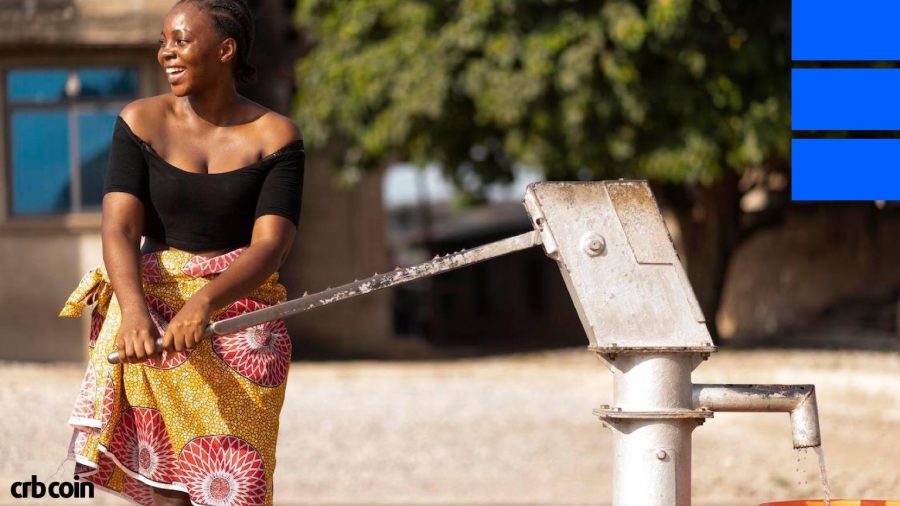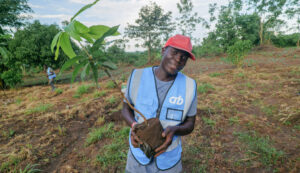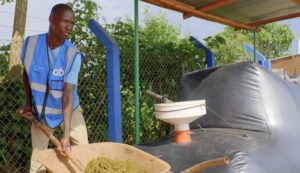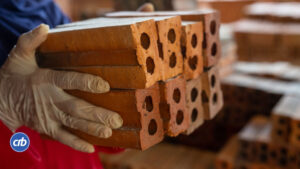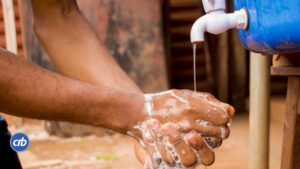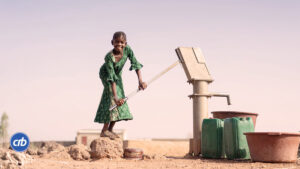What is a Borehole?
A borehole is a narrow shaft drilled into the ground to access underground water sources. In many poor African countries, boreholes are critical for providing clean and safe drinking water to communities that lack access to reliable water sources. These boreholes often tap into aquifers, allowing water to be pumped to the surface for human consumption, agriculture, and sanitation. The installation of boreholes in these regions not only addresses the immediate need for potable water but also plays a significant role in sustainable development and environmental conservation.
What is an SDG and Who Created the SDGs?
Sustainable Development Goals (SDGs) are a set of 17 global objectives established by the United Nations in 2015 as part of the 2030 Agenda for Sustainable Development. These goals aim to address a wide range of global challenges, including poverty, inequality, climate change, environmental degradation, peace, and justice. The SDGs are designed to be a universal call to action, encouraging countries and organizations to work collaboratively towards a more sustainable and equitable future.
Which SDGs are Aligned with Boreholes?
Boreholes in poor African countries align with several SDGs, making them crucial projects for sustainable development. Key SDGs that benefit from borehole projects include:
- SDG 6: Clean Water and Sanitation – Boreholes directly contribute to achieving this goal by providing access to safe and affordable drinking water for all.
- SDG 3: Good Health and Well-being – Access to clean water helps reduce waterborne diseases, improving overall health and well-being.
- SDG 1: No Poverty – Boreholes can reduce the time and effort spent on fetching water, allowing individuals to focus on other economic activities, thereby helping to alleviate poverty.
- SDG 13: Climate Action – By reducing the need for water transportation and utilizing sustainable water sources, boreholes contribute to climate action efforts.
- SDG 15: Life on Land – Proper water management through boreholes supports ecosystem sustainability and biodiversity.
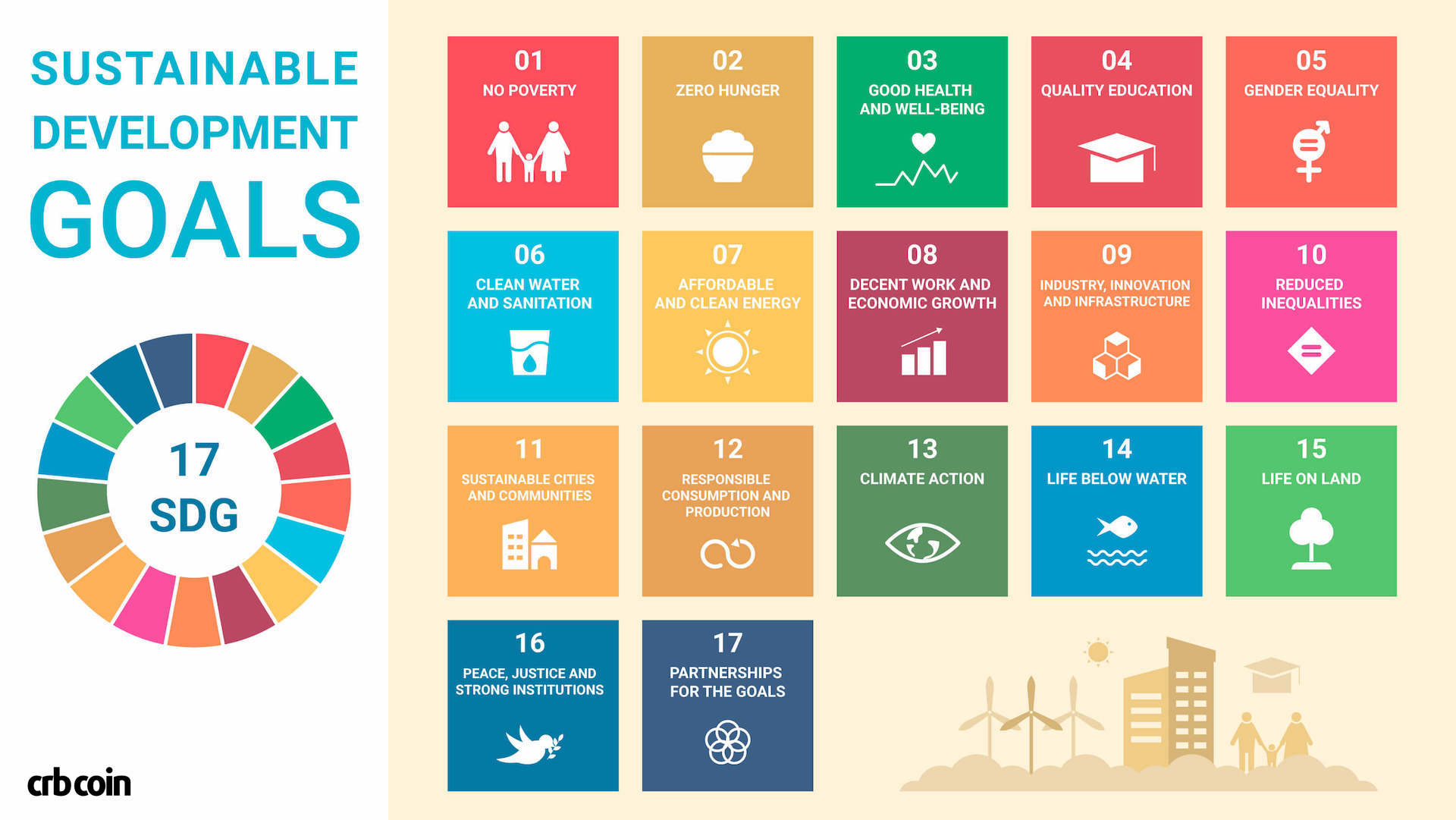
Which Registries Validate Carbon Credits Generated from Boreholes?
Carbon credits generated from boreholes are validated by reputable carbon credit registries. Currently, two major registries play a significant role in this process:
- Gold Standard: Established in 2003 by WWF and other international NGOs, Gold Standard certifies carbon offset projects that deliver measurable and verified contributions to sustainable development.
- Verra: Verra manages the Verified Carbon Standard (VCS), which is one of the world’s most widely used voluntary greenhouse gas (GHG) programs. It ensures that carbon credits generated from projects like boreholes are real, measurable, and permanent.
Both registries provide rigorous validation and verification processes to ensure the integrity of carbon credits generated from borehole projects.
Why Does crbcoin Invest in Water Projects?
Crbcoin, a cryptocurrency focused on carbon offsetting, invests in water projects for several reasons:
- Environmental Impact: Water projects, such as boreholes, significantly reduce greenhouse gas emissions by eliminating the need for carbon-intensive water transportation and treatment methods. This reduction in emissions contributes to global carbon offset goals.
- Social Responsibility: Investing in water projects aligns with Crbcoin’s commitment to social responsibility. By providing access to clean water, Crbcoin helps improve the quality of life for communities in poor African countries, addressing critical issues such as health, poverty, and education.
- Sustainable Development: Water projects support sustainable development by fostering economic growth, improving health outcomes, and promoting environmental stewardship. This holistic approach ensures long-term benefits for communities and the planet.
- Generation of Carbon Credits: Water projects generate carbon credits, which can be traded or sold to offset carbon emissions. This creates a financial incentive for Crbcoin to invest in such projects, as it aligns with their mission to reduce global carbon footprints.
The Absolute Importance of Water
Water is the most essential resource for life. Beyond the obvious necessity for drinking and sanitation, water is vital for agriculture, industry, and ecosystem health. In poor African countries, access to clean water can be a game-changer, leading to improved health, economic opportunities, and overall quality of life.
Health and Well-being
Clean water reduces the incidence of waterborne diseases, such as cholera and diarrhea, which are leading causes of death in many developing regions. Improved health outcomes allow communities to thrive, with children able to attend school regularly and adults able to work more effectively.
Economic Growth
Reliable access to water supports agriculture and livestock, which are primary sources of income for many rural communities. It also reduces the time and labor required to fetch water, freeing up time for other productive activities.
Environmental Sustainability
Proper water management through projects like boreholes ensures that water resources are used sustainably. This helps protect local ecosystems, maintains biodiversity, and supports climate resilience.
Carbon Credits
As water projects help reduce carbon emissions, they generate carbon credits that can be traded in the global carbon market. These credits provide a financial mechanism to support further environmental and social initiatives, creating a positive feedback loop for sustainable development.
Conclusion
Boreholes in African countries are more than just a source of clean water; they are pivotal to sustainable development, health improvement, economic growth, and environmental conservation. By aligning with multiple SDGs and generating valuable carbon credits, these projects offer a comprehensive solution to some of the most pressing global challenges. Crbcoin’s investment in water projects exemplifies the synergy between cryptocurrency and sustainable development, paving the way for a greener and more equitable future.
For a deeper understanding of carbon credits, you can contact carbon specialist Maarten Gosselt.
If you’re seeking general information or want to learn more about us, please continue reading here.
